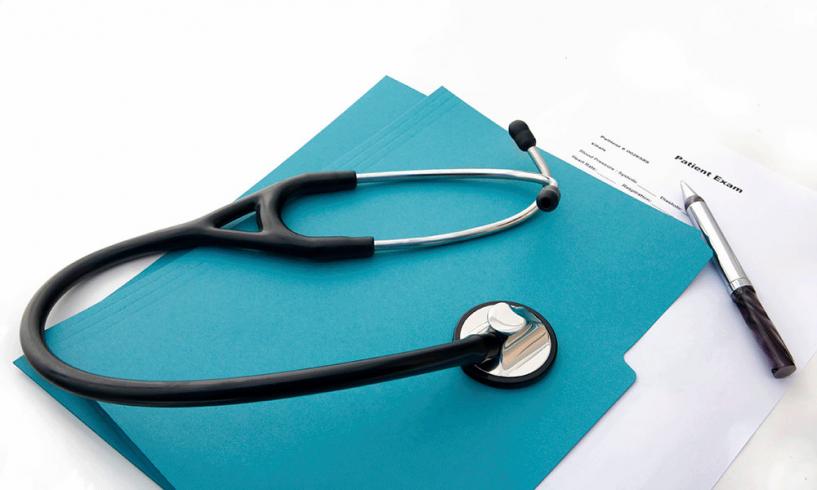In a bipartisan move, Congress successfully passed the $1.15 trillion omnibus spending bill on December 18, 2015 along with a $680 billion tax package to finalize their 2016 budget, which will fund the government until September 30, 2016.
In years past, budget issues have led to government shutdowns that affected thousands of government employees, military personnel, and essential healthcare agency programs. You might remember news reports discussing Democrats and Republicans at odds over budget debates and negotiations. Fortunately, with the passage of the 2016 omnibus spending bill, a looming shutdown won’t be a concern for Americans through the end of September 2016.
Most notably to healthcare professionals, the National Institute of Health (NIH) will receive a $2 billion spending increase for 2016 as part of the new budget. The increase accounts for the largest spending bump for the NIH in more than 10 years. As part of the increase, the National Cancer Institute will receive an additional $264 million as well.
The omnibus spending bill impacts the Centers for Disease Control and Prevention (CDC) as well. Most of the CDC’s funding remained consistent to last year’s budget. However, two programs received increased funding: the National Breast and Cervical Cancer Early Detection Program received an additional $3 million, and the Ovarian Cancer Program received a $500,000 bump.
Healthcare professionals, particularly those in the oncology field, hope that the increased funding will lead to better, more accurate research into cancer treatment and prevention.






